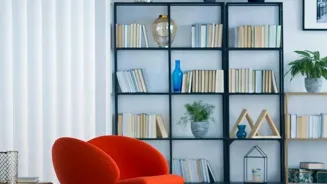Discover the transformative power of minimalism in modern India. Learn 8 steps to simplify your life, Indian style. Read on!
In the hustle-bustle of modern India, where 'more' is often considered synonymous
with 'better', a counter-trend is quietly gaining momentum: Minimalism.
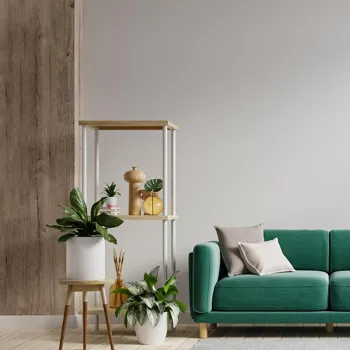
It’s not about deprivation or drabness, but about consciously choosing to live with less, focusing instead on experiences, relationships, and things that truly add value to your life. Think 'simple living, high thinking', as our elders would say, but adapted for the 21st century.
This isn't a foreign concept; it resonates deeply with the traditional Indian emphasis on contentment and detachment. But how do we practically embrace this philosophy amidst overflowing wardrobes and constant temptations to buy the latest gadgets?
Let's look at eight steps to simplify your life, Indian style.
Declutter Your Physical Space: The First Step to Freedom
The foundation of minimalism is decluttering. Start with your home, room by room. Be ruthless! Ask yourself: “Have I used this in the last year?” “Does this bring me joy or serve a practical purpose?” If the answer is no to both, it's time to let it go. Don't hold onto things 'just in case'.
That old saree you haven't worn in a decade? Donate it to someone who will appreciate it. Those kitchen gadgets gathering dust? Sell them online or gift them to family. Remember, decluttering your physical space declutters your mind too. Consider the attic. Start small and manageable.
Do not overwhelm yourself, as this is the path the peace and order. Once you start this process, you can slowly declutter other things like documents in your office or in house. Make use of online platforms that allows you to organise documents online.
This way, going through your documents are faster. Instead of finding for space to fit all the hardcopies, your spaces are decluttered now. It is that easy with use of technology!
Evaluate Your Digital Footprint: Simplify Your Online Life
In today’s world, minimalism isn't just about reducing physical possessions. It also involves simplifying your digital life. Unsubscribe from those endless promotional emails cluttering your inbox. Unfollow social media accounts that leave you feeling inadequate or anxious.
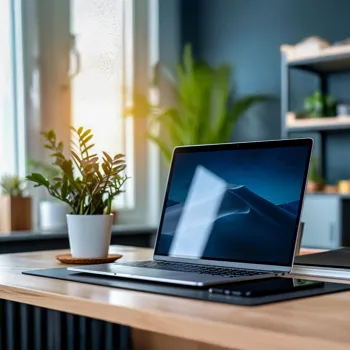
Delete apps you rarely use. Limit your screen time. A digital detox, even for a few hours each day, can do wonders for your mental well-being. Digital minimalism is useful for your mental health.
It is important to have healthy mental health because with a healthy mental health, one can accomplish various milestones. For example, you are able to learn new things faster than usual. You also improve on retaining new informaton.
When you have more focus, it can increase your efficiency during work. This would mean you are able to work faster, and also have better performance in terms of quality of work.
Mindful Consumption: Stop Buying What You Don't Need
Before making a purchase, pause and reflect. Do you really need it, or do you just want it? Are you buying it to impress others, or because it genuinely improves your life? Avoid impulse purchases. Wait a day or two before buying something. Often, the urge will pass.
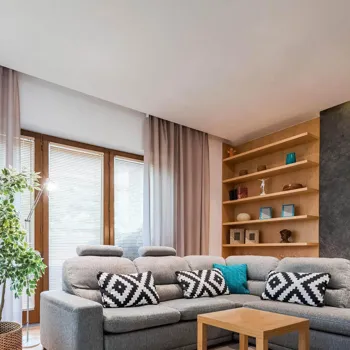
When you do buy something, invest in quality over quantity. Buy things that will last, reducing the need to replace them frequently. Consider buying pre-loved items or exploring sustainable brands. This simple pause helps you make responsible spending.
This way you can properly allocate your money to important expenses. By managing your expenses properly helps relieve stress that you might have due to lack of funds. The ability to not think about money relieves your focus and you are able to accomplish other tasks better.
Value Experiences Over Things: Create Memories, Not Clutter
Shift your focus from acquiring possessions to creating memorable experiences. Instead of buying the latest gadget, invest in a trip with your family. Instead of buying expensive clothes, spend time with loved ones. Experiences tend to bring more lasting happiness than material possessions.
They enrich your life and create lasting memories. Collect memories, not things. Learning new skills can be an experience that enhances your life. As you learn a new skill, you are putting what you learn into effect. This creates a form of memory that is imprinted using muscle memory.
When you create a memory using more than one senses, you are able to recall that memory better than memory that is only recalled by one sense.
Prioritize Relationships: Nurture Meaningful Connections
Minimalism isn't just about decluttering your home; it's also about decluttering your life. Invest your time and energy in meaningful relationships. Spend time with family and friends who uplift and support you. Let go of toxic relationships that drain your energy.
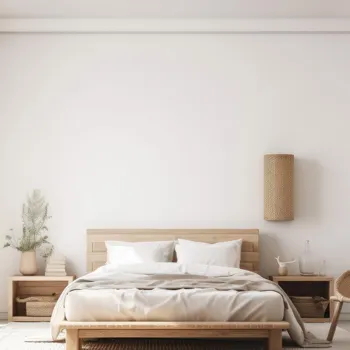
Nurturing genuine connections is far more fulfilling than accumulating possessions. It is important to have a social support group to ensure that we have positive influences around us. Negative influences could cause a person to be lead astray or to have bad influence on others.
The relationship that you create with others can enrich your experience when participating in events with friends or family.
Simplify Your Wardrobe: Create a Capsule Wardrobe
Take a good look at your wardrobe. How many clothes do you actually wear regularly? Create a capsule wardrobe with a limited number of versatile pieces that you love and can mix and match. Donate or sell the rest. This simplifies your mornings and reduces decision fatigue.
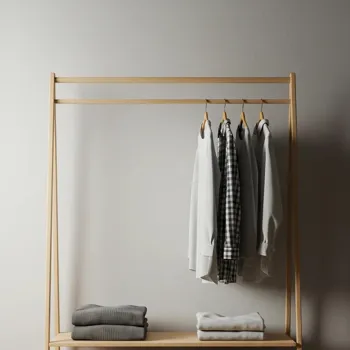
Focus on quality over quantity. Choose classic pieces that will last for years. A capsule wardrobe not only simplifies your life but also saves you money. Creating a good image is required for various instances. A good image not only allows you to secure a job due to good impression.
In modern world, a good image can also improve your sales by creating a sense of reliability from customers. Hence, creating the best version of yourself is important as it makes a huge difference.
Embrace Simplicity in Your Schedule: Say No to Overcommitment
Just as you declutter your physical space, declutter your schedule too. Say no to commitments that don't align with your priorities. Protect your time and energy. Learn to prioritize what truly matters. Schedule time for relaxation, hobbies, and spending time with loved ones.
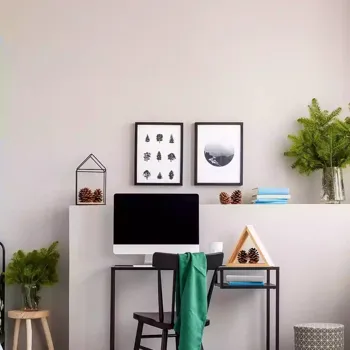
A simplified schedule reduces stress and allows you to focus on what's important. There is a common saying which is time is of essence. It is important to value time, as it is a resource that you do not replenish. It is more valuable than money and any material items.
Do not waste your time, as you can never get it back. Hence, allocate your time wisely and enjoy and be grateful for your time.
Practice Gratitude: Appreciate What You Already Have
Minimalism isn't about lack; it's about appreciating what you already have. Cultivate a sense of gratitude for the simple things in life. Be thankful for your health, your loved ones, and the roof over your head.
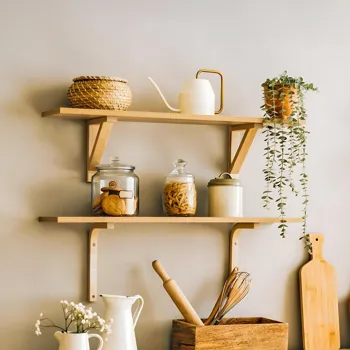
Practicing gratitude shifts your focus from what you lack to what you already possess, fostering contentment and happiness. There are many things to appreciate and not everyone has the same blessing as you. Start a gratitude journal, where you write things that you are grateful for.
As you grow older, you can reread the list of gratitude to see how far you came in life. Then you can keep adding more things to be grateful for.
Minimalism isn’t a destination, it’s a journey. It’s about constantly evaluating and refining your life to align with your values and priorities.
It’s about living intentionally, not impulsively. So, take it one step at a time, and embrace the beauty of living with less in a world that constantly pushes for more. It's a journey back to what truly matters.
